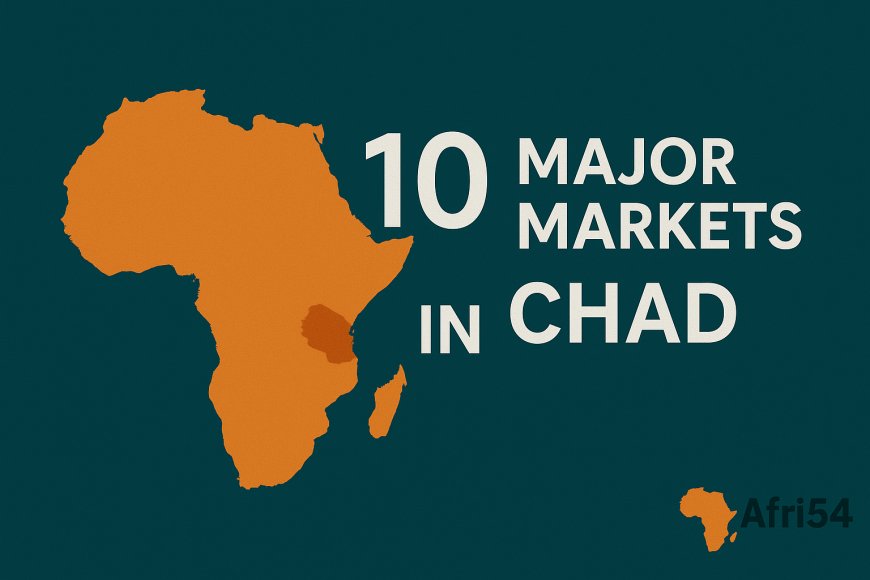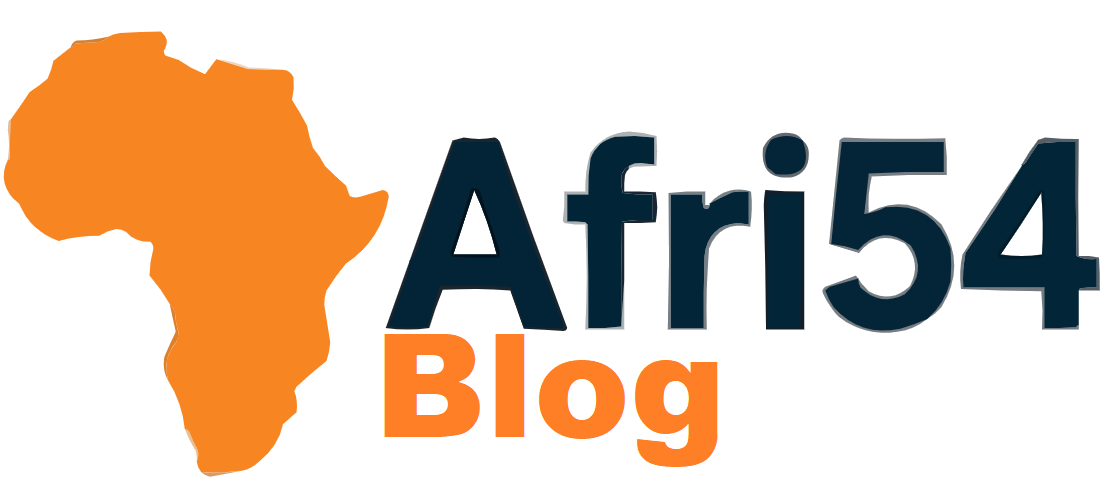10 Major Markets in Chad
Discover the 10 major markets in Chad, from N’Djamena’s bustling Central Market to Faya-Largeau’s desert trade hub. Explore Chad’s culture, economy, and vibrant marketplaces.

Reading Time: ~8 minutes
Chad, a landlocked country in Central Africa, is known for its rich cultural heritage, diverse ethnic groups, and vibrant trading traditions. Markets in Chad are the lifeblood of communities—spaces where farmers, artisans, herders, and traders gather to exchange goods and preserve cultural identity. From the capital city of N’Djamena to regional towns like Moundou and Abéché, Chad’s markets are colorful, lively, and essential to both local and national economies.
Here are the 10 major markets in Chad that showcase the country’s vibrant trade culture.
1. Central Market of N’Djamena (N’Djamena)
The largest and busiest market in Chad, N’Djamena Central Market offers clothing, electronics, jewelry, textiles, spices, and fresh produce. It is the commercial heartbeat of the capital city.
2. Dembé Market (N’Djamena)
One of the most popular markets in the capital, Dembé Market specializes in fabrics, shoes, accessories, and foodstuffs. It is especially lively during festive seasons.
3. Moundou Market (Moundou)
Located in Chad’s second-largest city, Moundou Market is famous for livestock, grains, fresh vegetables, and traditional crafts. It serves as the main hub for southern Chad.
4. Abéché Market (Abéché)
As the commercial capital of eastern Chad, Abéché Market is known for camels, livestock, textiles, cereals, and salt. It is also a key stop along historical trans-Saharan trade routes.
5. Sarh Market (Sarh)
Sarh Market is the main trading hub in southern Chad, offering fish, fruits, vegetables, and artisanal goods. Its location near the Chari River makes it a center for agricultural exchange.
6. Kélo Market (Kélo)
Kélo Market thrives on agricultural products, fabrics, and local crafts. It connects rural farmers to wider trading networks in southern Chad.
7. Am Timan Market (Am Timan)
This regional market is known for livestock, grains, leather goods, and household essentials. It is vital to communities in southeastern Chad.
8. Mongo Market (Mongo)
Mongo, located in the Guéra region, has a bustling market famous for cereals, livestock, traditional clothing, and pottery. It is also a social gathering point for nearby rural communities.
9. Bongor Market (Bongor)
Bongor Market is well known for fish, maize, millet, and textiles, thanks to its location near the Logone River. It serves as a major agricultural hub.
10. Faya-Largeau Market (Faya-Largeau)
Located in northern Chad, Faya-Largeau Market specializes in dates, salt, camels, and desert trade goods. It reflects Chad’s Saharan trade heritage.
Why Chad’s Markets Matter
Markets in Chad are more than just spaces for buying and selling. They are cultural melting pots, where traditions, languages, and customs mix. They also support millions of livelihoods, from farmers and herders to artisans and transporters.
Final Thoughts
Exploring Chad’s markets is a journey into the heart of its culture and economy. From the bustling Central Market of N’Djamena to the desert trade of Faya-Largeau, each marketplace tells a story of resilience, heritage, and community.
Have you listed your business on Afri54?
Afri54 exists to solve a fundamental challenge faced by millions of African businesses: lack of visibility. Whether you're an automobile part seller in Lagos, a local attire manufacturer in Kigali, a coffee exporter in Addis Ababa, or a mobile phone supplier in Accra, you deserve to be seen. Join now






















